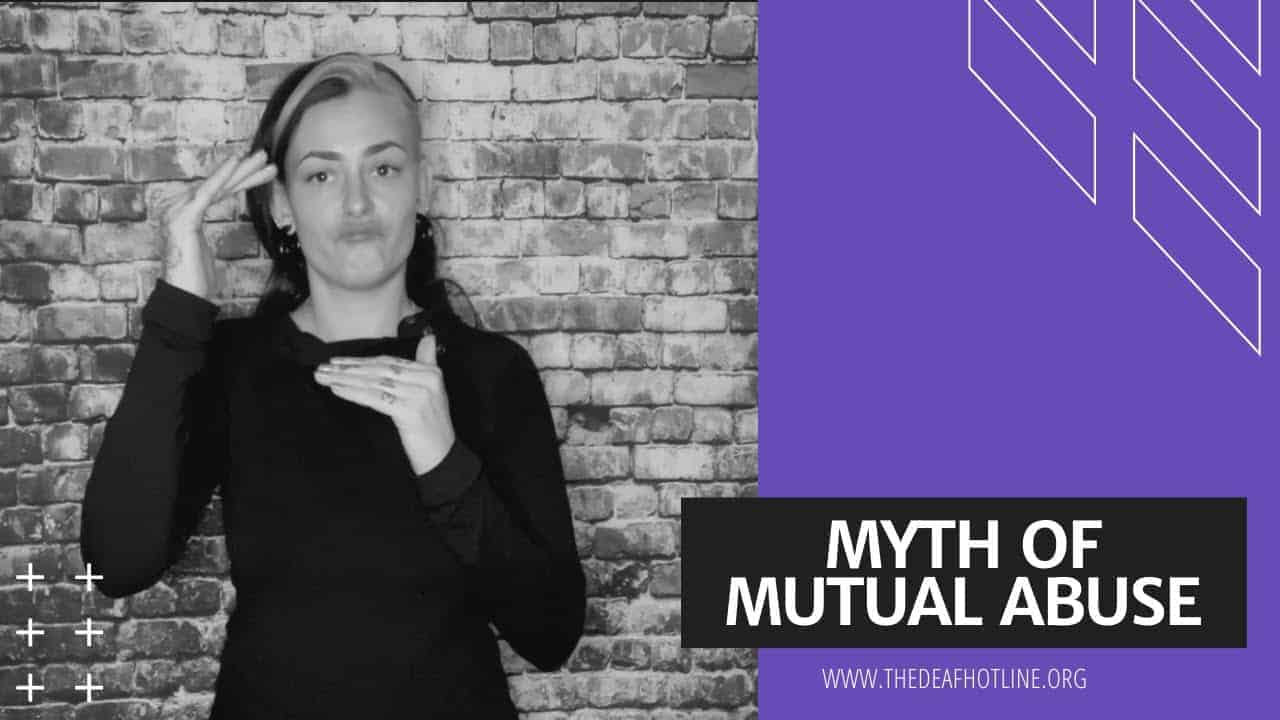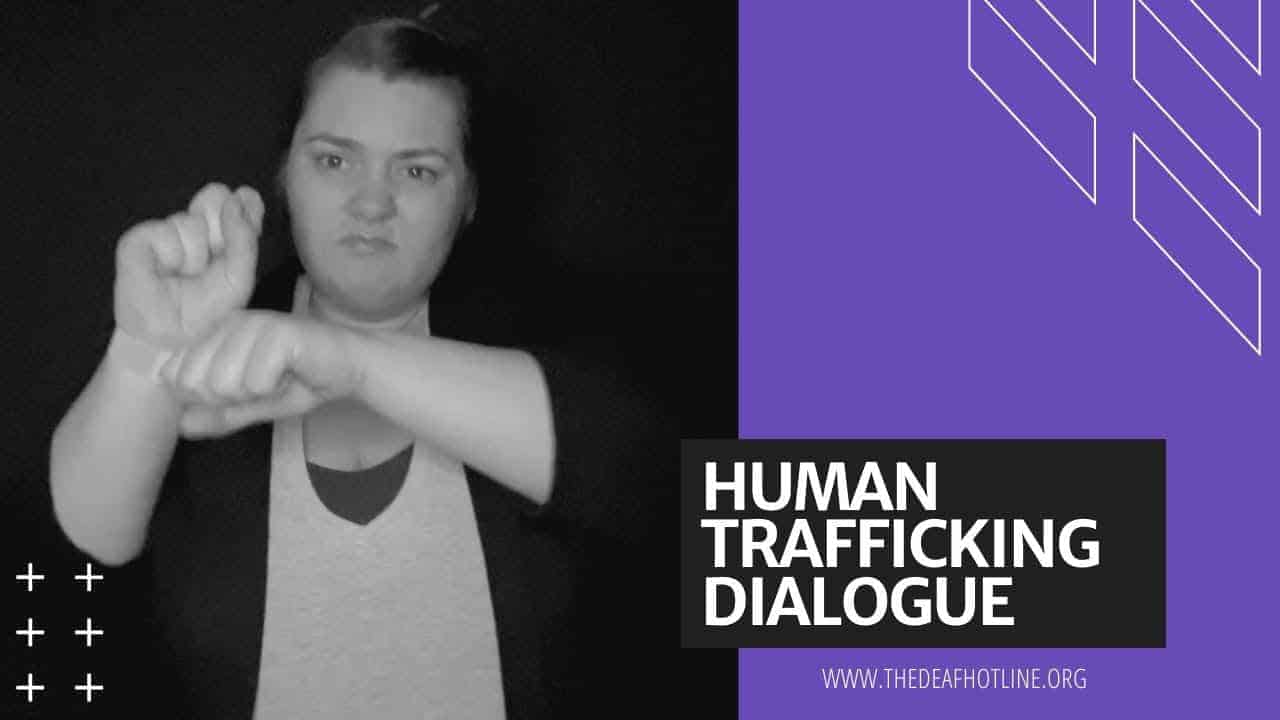Many people think of physical violence when they think about abuse. Physical abuse is only one type of relationship abuse and is not the only one. It’s rarely the first type an abuser will use too. Abuse sneaks up on people. We are talking about a pattern of behavior, in other words, not just one incident. These behaviors can take on different forms and are often used in combination to exert control over their partner.
Physical Abuse
- Pulls your hair, punches, slaps, kicks, bites, or strangles you
- Forbids or prevents you from eating or sleeping
- Uses weapons against you, including firearms, knives, bats, or mace
- Prevents you from contacting emergency services, including medical attention or law enforcement
- Harms your children, loved ones or pets
- Drives recklessly or dangerously with you in the car or abandons you in unfamiliar places
- Forces you to use drugs or alcohol
- Throws objects at you
- Prevents you from taking prescribed medication
Emotional & Verbal Abuse
- Calls you names, insults you, or constantly criticizes you
- Acts jealous and possessive or refuses to trust you
- Isolates you from family, friends, or other people in your life
- Attempts to control your appearance
- Humiliates you in any way, especially in front of others
- Threatens you, your children, your family, or your pets
- Damages your belongings, throws objects, or damages walls or doors
- Blames you for their abusive behavior
- Tells you that you’re lucky to be with them or that you’ll never find someone better
Sexual Abuse
- Forces you to dress in a sexual way you’re uncomfortable with
- Insults you in sexual ways
- Forces or manipulates you into having sex or performing sexual acts, especially when you’re sick, tired, or physically injured from their abuse
- Strangles, holds, or injures you you during sex without your consent
- Involves other people in your sexual activities against your will
- Ignores your feelings regarding sex
- Forces you to watch or make porn
- Intentionally gives you or attempts to give you a sexually transmitted infection
- Implies that you owe them something sexually in exchange for previous actions or gifts
- Gives you drugs or alcohol to “loosen up” your inhibitions
- Uses your relationship status by demanding sex as a way to “prove your love” or by threatening to cheat or leave
- Reacts with sadness, anger, or resentment if you say no or don’t immediately agree to something, or tries to normalize their sexual demands by saying that they “need” it
- Continues to pressure you after you say no or intimidates you into fearing what will happen if you say no
Financial Abuse
- Gives you money and closely monitors how you spend it, including demanding receipts for purchases
- Deposits your paycheck into an account you can’t access
- Prevents you from viewing or accessing bank accounts
- Prevents you from working, limits the hours that you can work, gets you fired, or forces you to work certain types of jobs
- Maxes out your credit cards without permission, does not pay credit card bills, or otherwise harms your credit score
- Steals money from you, your family, or your friends
- Withdraws money from children’s savings accounts without your permission
- Lives in your home but refuses to work or contribute to the household
- Forces you to provide them with your tax returns or confiscates joint tax returns
- Refuses to provide money for necessary or shared expenses like food, clothing, transportation, medicine or rent
Digital Abuse
- Tells you who you can or can’t follow, or be friends with on social media
- Sends you negative, insulting, or threatening messages or emails
- Uses social media to track your activities
- Steals or insists on being given your account passwords
- Constantly texts you or makes you feel like you can’t be separated from your phone for fear that you’ll anger them
- Looks through your phone or checks up on your pictures, texts, and phone records
- Uses any kind of technology (such as spyware or GPS in a car or phone) to monitor your activities
- Uses smart home technology, smart speakers, or security cameras to follow your activities
- Creates fake social media profiles in your name and image, or uses your phone or email to send messages to others pretending to be you as a way to embarrass or isolate you
Stalking
- Shows up at your home or workplace unannounced or uninvited
- Sends you unwanted texts, messages, letters, or emails
- Leaves you unwanted items, gifts, or flowers repeatedly
- Calls you and hangs up repeatedly or makes unwanted phone calls to you, your employer, or family or friends
- Uses social media or technology to track your activities
- Manipulates other people to investigate your life, including using someone else’s social media account to look at your profile, or befriends your friends in order to get information about you
- Waits around at places you spend time at
- Damages your home, car, or other property
- Hires a private investigator to follow or find you as a way of knowing your location



